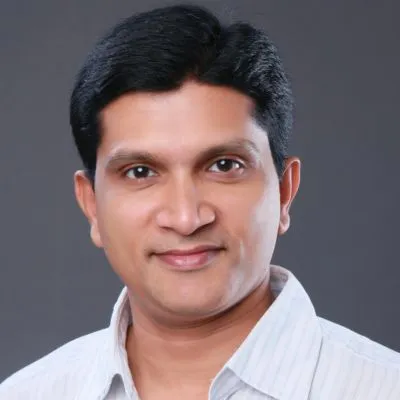A STRONG VOTARY of constitutional morality, Chief Justice of India D Y Chandrachud has said the doctrine should not be rejected just “because it may sometimes be in tension with existing social practices”.
Responding to a query on the likely contradictions that may arise while examining Indian cultural practices through the prism of constitutional morality, especially with some arguing the Constitution itself is borrowed text, CJI Chandrachud said “certain constitutional values are universally accepted” and that the framers of the Constitution consciously incorporated provisions adopted from other jurisdictions and “modified them to suit the Indian conditions”.
In an interview to The Indian Express, Chandrachud, who completed a year on November 9 as the Chief Justice of India, said, “We must recognise that the Constitution itself sought to reform social practices to ensure citizens were not dominated on the sites of religion, caste, ethnicity or other cultural markers.”
“There are many provisions in the Indian Constitution which are unique to India such as the abolition of untouchability or the content of the Directive Principles of State Policy (DPSPs). The DPSPs include obligations on the government to legislate for free legal aid, local governance through panchayats, and the protection of the environment,” he said.
Even after the Constitution was framed, it has been amended over a hundred times, Chandrachud pointed out. “Multiple generations of Indians, through Parliament, have given voice to their own aspirations for the Constitution through the amendment process. For example, entire governmental structures such as the Panchayats and the GST Council have been created through constitutional amendment alone and are uniquely Indian,” he said.
Keeping these facts in mind, one must understand the Indian Constitution as a document which imbibes universal constitutional values, while at the same time continually adjusting those principles to address the problems facing India, he said. It is a document conceived, adopted, amended, and continually operated by Indians, he added.
In certain situations, Chandrachud said, the adoption of the Constitution no doubt marked a tectonic shift which demanded a re-thinking of Indian societal practices. “But we should not reject constitutional morality because it may sometimes be in tension with existing social practices. We must recognise that the constitution itself sought to reform social practices to ensure the citizens were not dominated on the sites of religion, caste, ethnicity or other cultural markers,” he said.
The CJI said that “the Supreme Court Collegium has clearly laid down ‘diversity’ as one of the factors to consider” in the matter of appointment of judges. “This includes gender, caste, and regional diversity from the various High Courts”, he said adding “we have tried to balance diversity with the all-India seniority of the judges”.
CJI Chandrachud noted that for many years, the Bar was, unfortunately, the sole preserve of men and “this is reflected by the limited presence of women amongst the senior High Court Judges”. This “paradigm is changing in the judiciary”, he said, citing the recent results of judicial service examinations in many states.
“As the demographics of the legal profession change, we will continue to see more diversity. But the task of today is to ensure that we do not fail the exceptional candidates who have battled against the incredible prejudices of gender, religion, and caste, to rise to the level of Judges of the High Courts,” CJI Chandrachud said.
Asked whether his recent statement that courts have become an important centre for social dialogue indicates a diminishing role of Parliament in promoting such dialogue, the CJI said, “Parliament and the Court have different institutional structures and different powers. There are sometimes issues which require intervention of the Court. For example, Parliament passes legislation that can bring about important social changes, but it is not designed to stop individual cases of rights violations. Citizens will always choose their forum of redress based on the institution’s role and capabilities.”
According to him, often “the Court and Parliament work in a complementary fashion”. Citing the example of the Vishakha guidelines against sexual harassment at workplace issued by the SC which later became law, he said “In that way, both Parliament and Judiciary facilitate a social dialogue but also speak to each other. Citizens may approach the Courts to act as a mediator in their quest for their rights. In those cases, the Supreme Court has asked questions from the government to enable citizens to seek redressal of their issues. However, courts are also bound by institutional boundaries laid down in the Constitution.”
Ananthakrishnan G. is a Senior Assistant Editor with The Indian Express. He has been in the field for over 23 years, kicking off his journalism career as a freelancer in the late nineties with bylines in The Hindu. A graduate in law, he practised in the District judiciary in Kerala for about two years before […] … Read More 


 Ananthakrishnan GAnanthakrishnan G. is a Senior Assistant Editor with The Indian Expres… read more
Ananthakrishnan GAnanthakrishnan G. is a Senior Assistant Editor with The Indian Expres… read more
